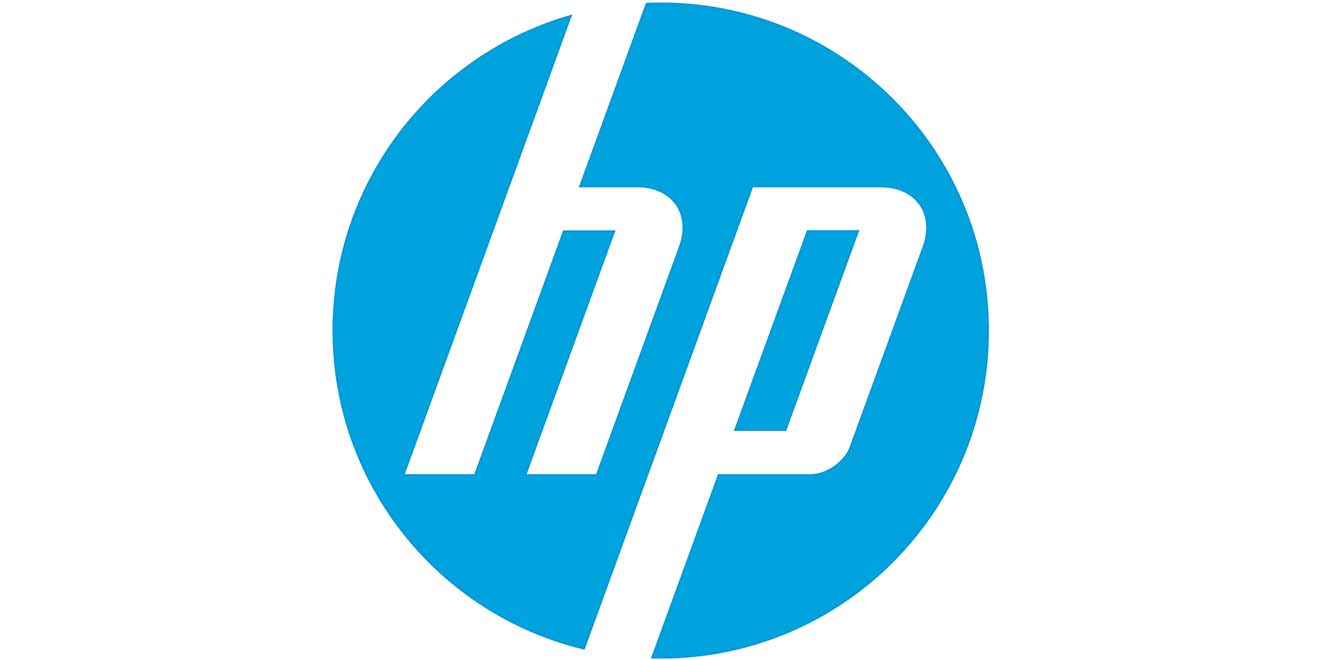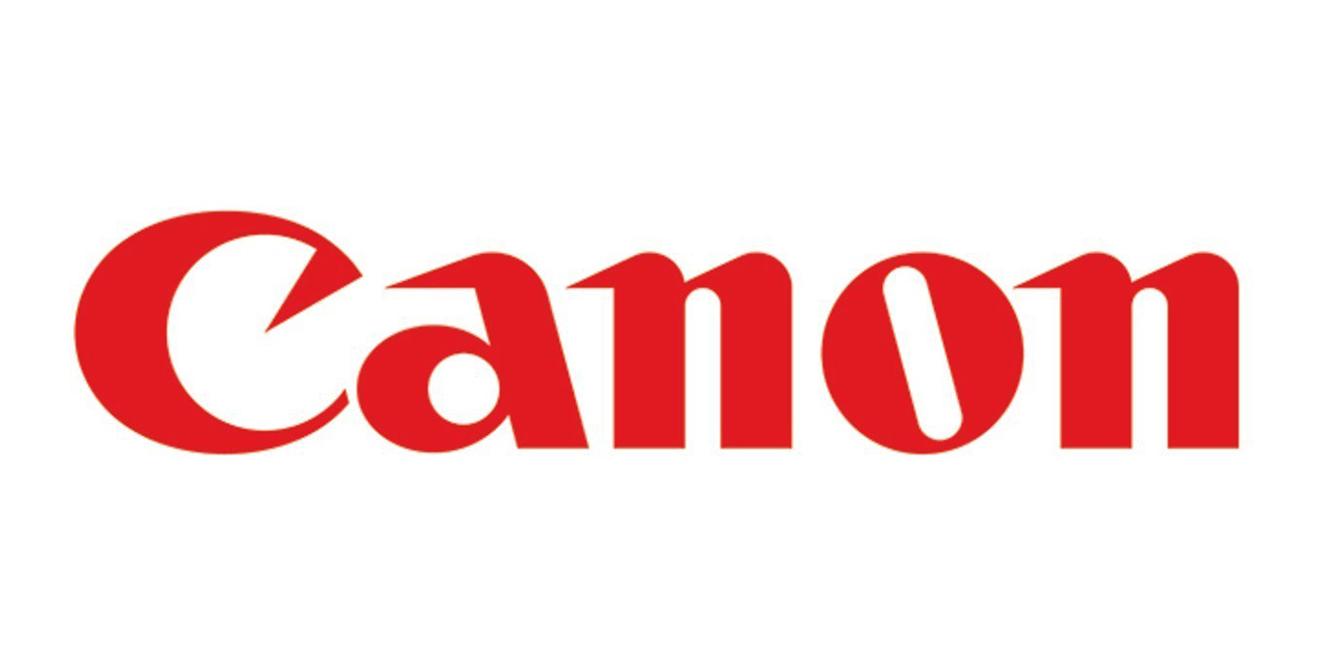HP says protecting its cartridge IP is about defending trust, brand integrity, and customer experience.
HP has published a blog post outlining recent global actions to enforce its intellectual property (IP) rights across the printer supplies market. Joe Pacula, SVP and President of HP’s Print Supplies Business, wrote that “behind every genuine HP cartridge is a promise we protect,” linking IP protection directly to customer trust and the company’s future innovation.
The post details multiple cases concluded in 2025. In Chile, Pacific Color withdrew imitation cartridges after a patent dispute. In Germany, ZhuHai CaiLuo Technology lost a lawsuit covering HP 912XL and 963 cartridges. In Italy, Promo Rigenera acknowledged it had purchased infringing cartridges and agreed to cease sales and pay compensation. And in France, HP settled its first Unified Patent Court case involving Lama France.
HP also reported action against Seine Holland B.V. and G&G GmbH in Germany, with the Regional Court of Munich issuing a partial acknowledgement judgment against both companies. In another German case, HP reached a settlement with Andreas Rentmeister (“Toner Office”) over the sale of 924 and 937 cartridge models (including 937e, 924e, 924/924XL, and 937/937X). Toner Office must provide details of its sales and pay an undisclosed financial settlement to HP.
Beyond legal enforcement, HP said it is targeting online marketplaces. In the first half of 2025, the company worked with platforms including Amazon, eBay and Facebook to remove about 120,000 infringing listings. Earlier this year, HP requested the removal of more than 3,000 ink and toner listings from Amazon, which it said were linked to almost 200 cartridge brands but originated from only a few manufacturers.
The blog also highlighted HP’s Anti-Counterfeit (ACF) programme, which offers free audits to customers and partners. HP said that over the past three years, it has seized more than eight million counterfeit items through global enforcement.
Pacula framed these actions as essential for “healthy competition” in the market, noting that IP protection allows HP to “maintain our competitive edge and fuel future innovation.” He said HP would continue to protect its IP worldwide, reinforcing its commitment to “innovation, quality, and customer satisfaction.”
 Opinion: HP is right on IP, but wrong on reuse
Opinion: HP is right on IP, but wrong on reuse
When HP says that “behind every genuine HP cartridge is a promise we protect,” few in our industry would disagree with the principle. OEMs invest heavily in research, development, and design. Their intellectual property deserves protection. Counterfeits, cartridges that carry HP’s trademarks illegally, or products designed to mislead or deceive, undermine trust for the whole market.
But what is missing from HP’s latest blog is recognition that legitimate reuse is not counterfeit. It is a vital part of the printing ecosystem, offering customers choice, driving down prices, and preventing millions of cartridges from becoming waste.
HP points to eight million counterfeit items seized in the last three years. On the surface, that looks significant. Yet set against the hundreds of millions of cartridges shipped globally each year, it is a tiny percentage. Enforcement actions may make headlines, but they only scratch the surface of the issues facing the supplies market.
The bigger challenge is structural. Printing volumes are falling in Europe and the US. Many offices already have spare, unused printers. Households baulk at the high price of OEM replacement cartridge sets. HP’s Instant Ink programme is growing, but insiders acknowledge churn is high.
Faced with these pressures, OEMs lean on IP enforcement as a defence of their business model. In doing so, they often blur the line between counterfeit products and legitimate aftermarket alternatives. This conflation risks undermining trust in remanufacturing, even though remanufacturers operate legally, respect IP, and deliver the strongest sustainability story in the industry.
For customers, the consequences of a one-sided market would be stark. If remanufactured products were forced out, the only option left would be OEM pricing. “Imagine what you would pay if there were no aftermarket.” Competition keeps the market fair, and reuse keeps it sustainable.
The Recycler’s role is to report on the whole market. That means acknowledging the right of OEMs to protect their IP and defending the legitimacy of remanufacturing. Both are necessary for a balanced and resilient industry.
HP’s own pilot project, SecuReuse, is also worth noting. By resettling chips, HP is quietly acknowledging that reuse is both technically possible and commercially attractive. The question is whether this represents a real step toward circularity — or whether HP simply wants to own reuse for itself.
OEMs have every right to demand respect for their inventions. But they also need to face the reality of a changing market. Declining page volumes, high prices, and customer fatigue cannot be solved in courtrooms or takedown requests. They require a willingness to embrace circularity and to work with, rather than against, the legitimate reuse sector.
The real promise that needs protecting is not just HP’s brand. It is the promise of a fair, balanced, and sustainable market, where OEM innovation, IP protection, and legitimate reuse coexist to the benefit of customers and the environment.




















